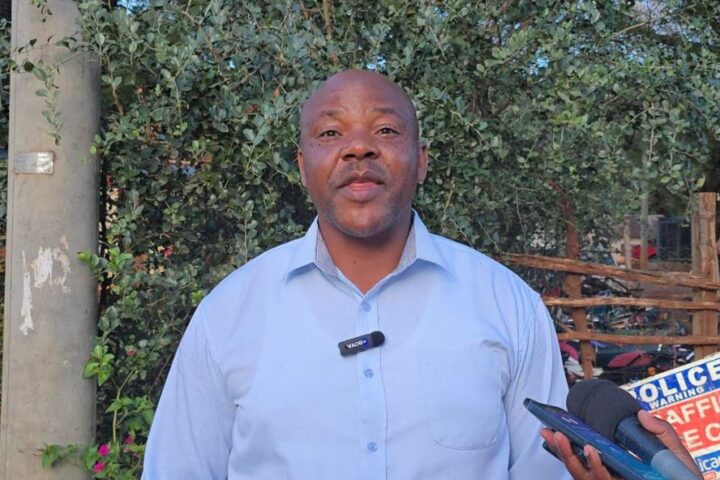 High Court Judge Roselyn Aburili has issued a strong warning to educational institutions and the public against using school buses for private events.
High Court Judge Roselyn Aburili has issued a strong warning to educational institutions and the public against using school buses for private events.
The judge made the ruling in a case involving a school bus accident, wherein the bus was insured under a policy specifically designed for educational use.
On April 23, 2023, the school hired out the bus to transport attendees to a church event. On the day of the accident, the bus collided along the Kakamega-Kisumu road, injuring several church members who were not covered by the policy.
In this case, the plaintiff, Old Mutual General Insurance Kenya Limited, filed a lawsuit to avoid liability under their insurance policy. They argued that the defendant, Oder Boys Boarding Special School, had breached the policy terms. The central issue was whether the insurance company should be liable for claims arising from an accident involving unauthorized passengers.
Old Mutual contended that the insurance policy explicitly excluded coverage for passengers who were not part of the school’s staff or student body. Old Mutual argued that the insurance coverage was voided because the bus was used in a manner contrary to the policy’s restrictions.
The insurer’s position was clear: the insurance policy was designed to cover only school-related activities. The policy’s exclusions were specific, stating that the insurer would not cover liabilities arising from the bus’s use for purposes other than those outlined in the policy.
The head teacher admitted that, on the day of the accident, the bus was transporting church members, not students or staff. He argued that while the insurance policy was valid, it only covered the vehicle for school-related activities.
Justice Aburili ruled in favor of Old Mutual General Insurance, determining that the insurer was not liable for any claims arising from the accident involving unauthorized passengers. The court emphasized that the policy’s terms explicitly excluded coverage for unauthorized passengers.
Justice Aburili highlighted a common yet risky practice where schools, after purchasing and insuring buses for educational purposes, rent them out for private events such as weddings, funerals, and other non-educational activities. She warned that this practice poses significant risks because such activities often fall outside the scope of the insurance policy’s coverage. Institutions violate their insurance terms by using school buses for commercial purposes.
The Judge cautioned that accidents occurring under these circumstances could lead to the insurance policy being voided.
“Voiding coverage leaves injured passengers or their families without compensation, as the schools involved may find it challenging to meet the financial demands of legal claims,” she said. She observed that it is not unusual to see school buses, painted in their distinctive yellow color, being used for various events.
“It is especially common during crusades and other religious gatherings in major cities to see all school vehicles lined up in their bright yellow colors,” she added.
She stressed that compelling an insurance company to cover claims not contemplated by the policy or the law would undermine the contractual agreement and impose undue burdens on the insurer. “The insured often assumes risks out of ignorance, while unauthorized passengers are unaware of the potential dangers,” she noted.
Justice Aburili advised schools to strictly adhere to their insurance policies and avoid using their buses for unauthorized purposes. “This includes refraining from renting out buses for private events without securing appropriate insurance coverage,” she stated.
She highlighted the importance of confirming whether an insurance policy covers passengers who are not affiliated with the school before hiring such vehicles.
Additionally, the Judge called for greater transparency and diligence in understanding insurance contracts. She ordered that the judgment be distributed to all schools through the County Directors of Education to raise awareness about the risks of using school buses for non-educational purposes.
“I trust and hope that this judgment will reach all schools through the County Directors of Education to alert School Management Boards about the dangers associated with this practice,” she said.
Justice Aburili also noted that the government invests between Kes.300 million and Kes.400 million annually in insurance for public school vehicles.








